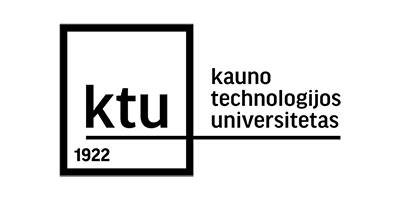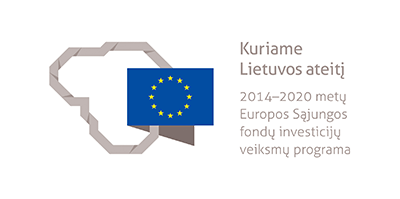- info@azpack.lt
- +370 37 314246
- Pramonės pr. 4K, Kaunas
Sustainability and environmental issues are a hot topic around the world today. The increase in environmental pollution and the huge amount of plastic used have become some of the key environmental issues that need to be addressed.
In order to be a responsible producer, in line withour focus and in response to environmental concerns, we take measures and actions to reduce the environmental and ecological impact of the company’s activities. We believe that every packaging producer has a responsibility not only to look for innovative packaging solutions that are less harmful to the environment, but also to educate their customers about the possibility of such a choice. Today, we can offer our customers not only recyclable packaging, but also packaging that uses fewer raw materials than conventional packaging and has the same quality characteristics as standard packaging.
On 25 March 2015, we implemented a system for the management of packaging and packaging waste placed on the domestic market in accordance with Lithuanian harmonised standards. In cooperation with KTU (Kaunas University of Technology) https://midf.ktu.edu/news/az-pack-vidaus-rinkai-tiekiamu-pakuociu-ir-pakuociu-atlieku-tvarkymo-pagal-lietuvos-darniuosius-standartus-uab-az-pack-imoneje-sistema/ and the MITA (Agency for Science, Innovation and Technology) tool “Inočekiai LT”, we have ensured our customers that the products we supply meet the latest requirements for optimal packaging.
The project “In-house system for the management of packaging and packaging waste supplied to the domestic market in accordance with Lithuanian harmonised standards at AZ-Pack, UAB”, financed by the European Regional Development Fund under the European Regional Development Fund’s Operational Programme for Economic Growth “Research and Technological Development for the Competitiveness and Growth of the Economy”, implementing measure VP2-1.3-ŪM-05-K “Inočekiai LT”, has been successfully completed at the Department of Thermal and Atomic Energy.


The entire project and the declarations of compliance with the harmonised standards were prepared in compliance with the requirements of the Law on Packaging and Packaging Waste Management of the Republic of Lithuania and the relevant legal acts; during the implementation of the project, various studies were carried out, which are defined as necessary by the EU Directive, harmonised standards of the Republic of Lithuania and other legal acts: studies of vibro-impact, crushing, studies of the lower calorific value of the mass of the packages, studies of the resistance of the packaging of the products to piercing.
After summarising the studies carried out within the framework of the project “System for the management of packaging and packaging waste supplied to the domestic market in accordance with the Lithuanian harmonised standards in the company AZ-Pack, UAB”, preventive measures to reduce the cost of raw materials in the company were also discussed.
The clearly defined sustainability standards have allowed a reassessment of the alternative vacuum packaging options available on the market and the materials used in their manufacture. Based on the main criteria that determine the quality and distinctiveness of a product, we can make a reasonable assessment of whether the packaging meets the intended requirements, the definition of an optimal packaging. The research-based indicators of film strength, oxygen and water vapour permeability, and carbon dioxide permeability used in the production of packaging provide a completely new understanding of quality packaging.
The requirements specify that packaging must comply not only with all EU directives on packaging and packaging waste, but also with harmonised standards:
|
Plastics |
Letter abbreviation |
Code |
Badge |
|
Polyethylene terephthalate |
PET |
1 |
|
|
High-density polyethylene |
HDPE |
2 |
|
|
Polyvinyl chloride |
PVC |
3 |
|
|
Low-density polyethylene |
LDPE |
4 |
|
|
Polypropylene |
PP |
5 |
|
|
Polystyrene |
PS |
6 |
|
|
Other plastic (combined plastic) |
OTHER |
7 |
 |